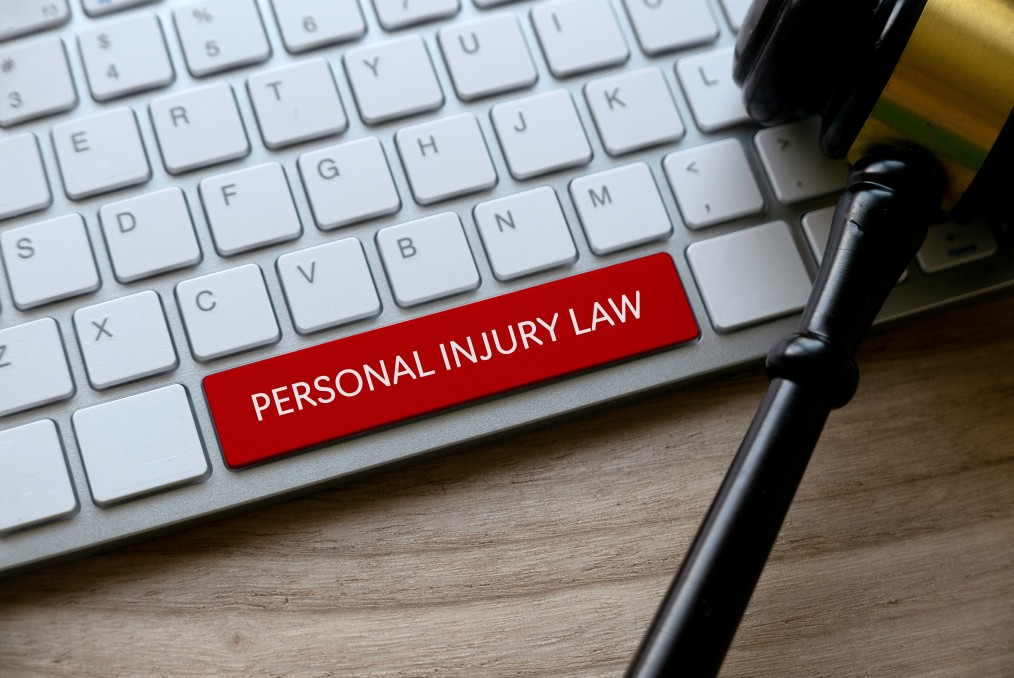What is the law of personal injuries? This is a legal field that deals with compensating individuals who are harmed in various ways. Its definition typically involves bodily harm but can also include emotional trauma. If you have been injured or suffered emotional trauma, you may be able to file a lawsuit against the responsible party. You can seek damages for your loss of quality of life, pain and suffering, and compensation for the physical injury.
There are many areas of personal injury law. Product liability is a common area that deals with defective or dangerous products. A product manufacturer can be held legally liable for any injuries or damages that a consumer suffers from its use. A personal injury claim can also be made for sepsis, which is a bacterial blood infection. In these cases, the manufacturer of a product can be sued to recover damages. The law of negligence allows victims to recover money in many cases when a company or individual fails to comply with safety laws.

Personal injury law covers many different situations. A victim of negligence can be held liable for causing an injury. The injury must have been foreseeable. The person must also have the legal obligation to compensate the injured person. This type of claim is called a “class action,” and the defendant is required to pay monetary compensation if the plaintiff is successful. As a result, a court will require that the defendant pay a person’s damages if they have caused a person’s injury.
Personal injury cases often involve a claim for economic damages, such as medical bills and lost wages. However, these types of cases are not always suitable. Most people aren’t familiar with torts, but the basics of tort law cover all types of lawsuits. In some states, the defendant may be held liable for the wrongful act of another party. Regardless of the reason, the law of personal injury is meant to protect consumers.
Personal injury law covers many different cases. The most common types of claims are motor vehicle accidents, workplace accidents, slip and fall accidents, and assaults. The law covers negligent acts of doctors and healthcare professionals, as well as failure to exercise reasonable care. As a result, if someone does not exercise care and is liable for your accident, you can file a lawsuit against the company. You can then sue the person responsible for the accident.
Personal injury is a legal process in which a plaintiff can seek damages from a defendant. There are many types of personal injury cases. The most common is a suit. A lawsuit is a civil lawsuit filed against a defendant for an act that has caused an individual to suffer a physical injury. The plaintiff must prove that the defendant was negligent or acted negligently in order to win a personal injury case.